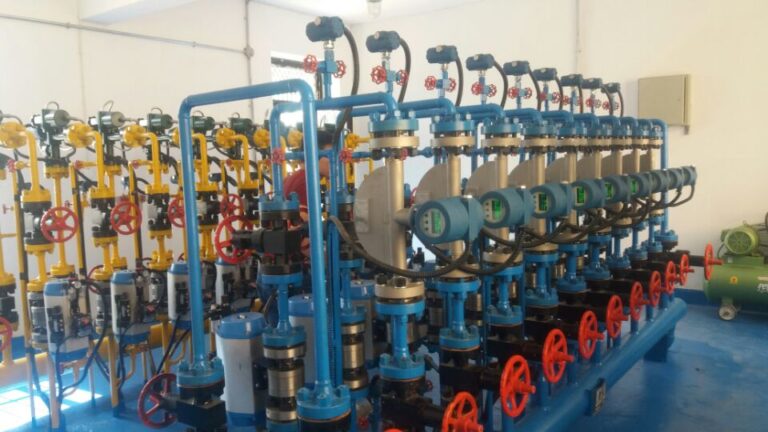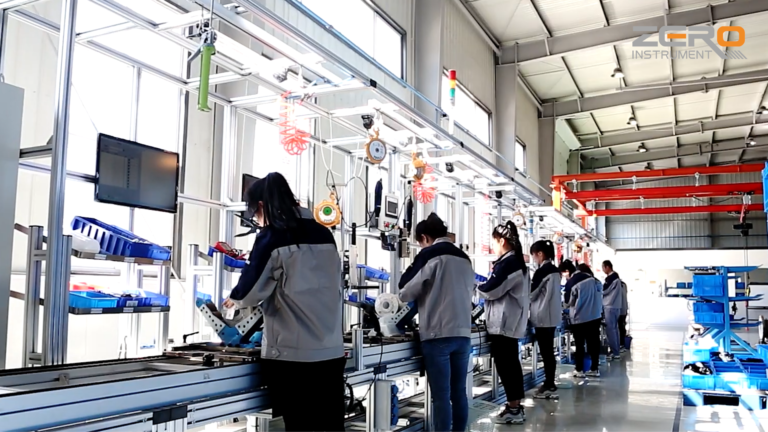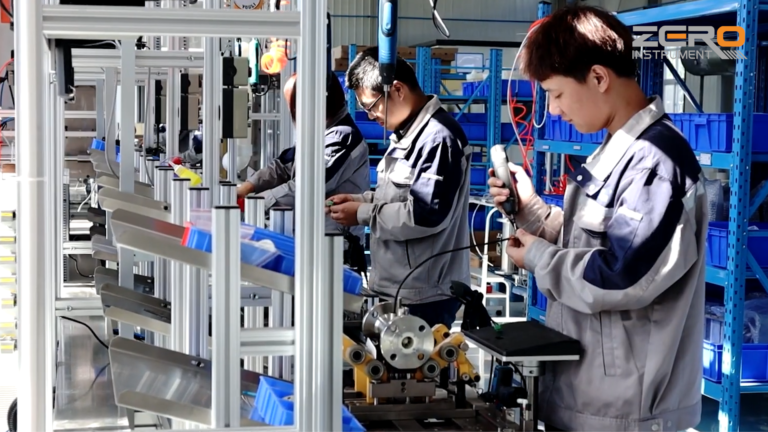Introduction Safety Integrity Level (SIL) certification is an internationally recognized standard specifically designed for safety-related systems. Its purpose is to assess and determine the safety integrity level of these systems. SIL certification holds critical significance in various industrial sectors, providing several key benefits that contribute to operational safety, environmental protection, and business success.
1. Ensuring Personnel Safety SIL certification ensures that safety-related systems comply with specific safety standards and requirements during their design, installation, and operational stages. This compliance is essential for safeguarding personnel in industrial environments.
For instance, in hazardous settings such as chemical plants, petrochemical facilities, and nuclear power stations, system failures can lead to severe accidents with tragic loss of life. SIL certification helps reduce the risk of such failures, thereby protecting human lives.

2. Reducing Environmental Pollution Beyond personnel safety, SIL certification also focuses on environmental protection. Failures in safety-related systems can result in dangerous incidents such as liquid leaks or gas emissions, which can severely impact surrounding ecosystems. Through SIL certification, the probability of such environmental accidents is significantly reduced, helping to preserve the safety of both the environment and local communities.
3. Enhancing Production Efficiency SIL certification allows for the identification and evaluation of potential risks within safety-related systems. Once these risks are recognized, appropriate measures can be taken to manage and mitigate them. This proactive approach reduces the likelihood of unnecessary production stoppages, enhances operational efficiency, and cuts production costs.

4. Compliance with Legal and Regulatory Requirements Many countries and regions have stringent legal and regulatory frameworks that impose safety requirements for the production, transportation, and handling of hazardous materials. Obtaining SIL certification ensures that safety-related systems meet these legal standards, helping businesses avoid potential legal liabilities and penalties.
5. Boosting Corporate Reputation and Competitiveness Having a SIL-certified safety-related system enhances a company’s reputation and market competitiveness. This certification demonstrates the company’s commitment to safety and shows that it possesses the necessary technical capabilities and management proficiency to ensure safe operations. Such a commitment can attract clients, investors, and partners, improving the company’s position in the market.

Conclusion In summary, SIL certification plays a vital role in safeguarding personnel and environmental safety, improving production efficiency, ensuring compliance with legal standards, and boosting corporate reputation and competitiveness. Therefore, companies should recognize the importance of SIL certification when designing, selecting, and implementing safety-related systems, and strive to ensure that their systems meet the required safety integrity levels.
By obtaining SIL certification, companies not only protect their workforce and the environment but also ensure their operations are efficient, compliant, and competitive in the marketplace.
